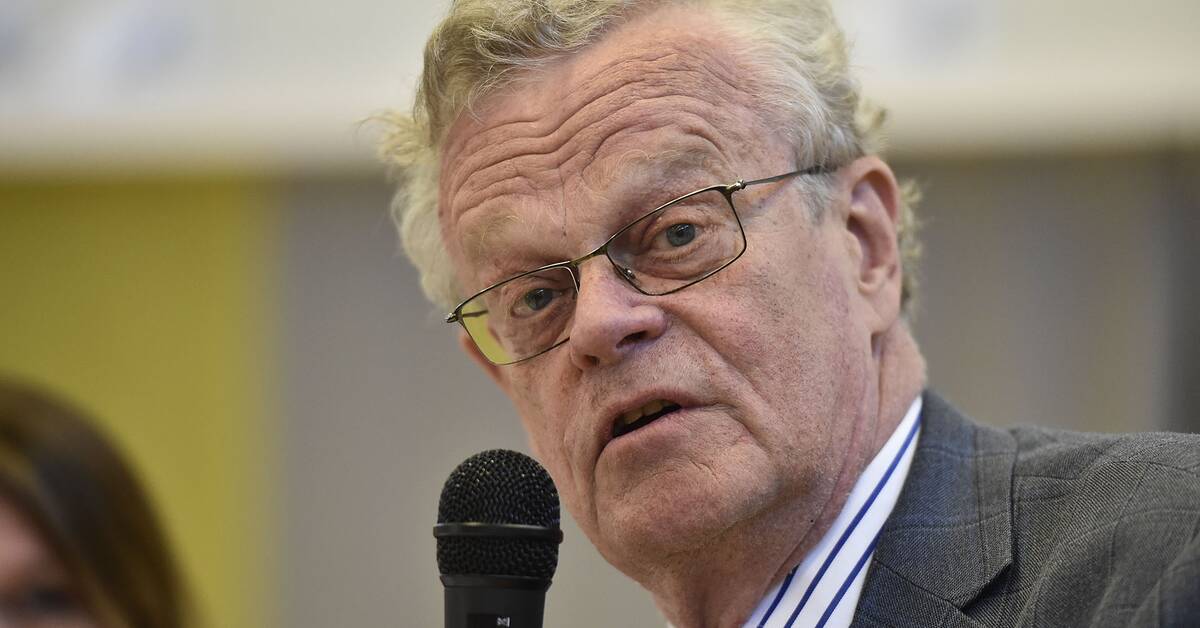Following Russia's invasion of Ukraine, the question of whether players representing Russian clubs should be allowed to play for Swedish national teams has been raised.
Sweden's biggest basketball star Jonas Jerebko signed for CSKA Moscow after the war broke out, which led the Swedish Basketball Association to declare that he may not represent the national team.
The Swedish Ice Hockey Association has been on the same line: If a player is currently signing for a Russian club, he may not represent Tre Kronor.
However, players who have had contracts with KHL clubs before the war broke out may wear the national team jersey.
"A natural starting point"
It is currently up to the special sports federations themselves to choose which approach they want in the matter, and from the Swedish Sports Confederation (RF) there are no guidelines for the federations to follow.
But that may change.
- It is probably something that emerges because common issues arise.
As long as there was no question, there was not much to discuss.
Now it will be a question of special sports federations choosing different approaches.
Then a very natural way can be to have a reasoning with the special sports federations if there is a common line to join in the future, says RF's chairman Björn Eriksson.
"Will probably reason"
Is this something that RF plans to bring up with the unions soon?
- We will probably reason with our special sports federations.
Then we will see if there is a basis and support for thinking more guidelines.
However, it is the special sports federations that own the issue.
We can do no more than have different forms of more than recommendations.
We'll see what those discussions suffer from.
I just note that different special sports federations react a little differently, but that in turn is probably also linked to how their international federations react.
Björn Eriksson believes that the question will make itself increasingly reminded.
- We still have 72 special sports federations.
Of course, not everyone has people in Russia and Belarus, but there are a number who have.
I can imagine that there is probably interest in reasoning how to do things in different places and edges.
It can get a little confusing if everyone chooses their own method, he says.
CLIP: Jerebko's first words after moving to Russia
Javascript is disabled
Javascript must be turned on to play video
Read more about browser support
The browser is not supported
SVT does not support playback in your browser.
We therefore recommend that you switch to a different browser.
Read more about browser support
Yerebko's first words after the transition: I like Moscow Photo: CSKA Moscow

